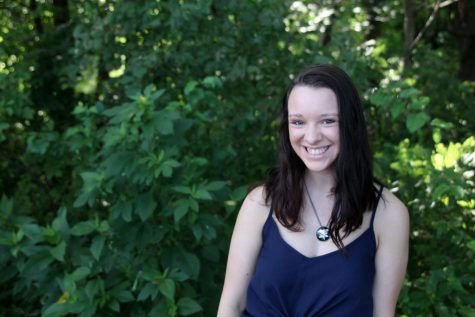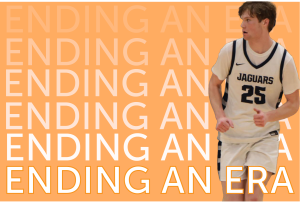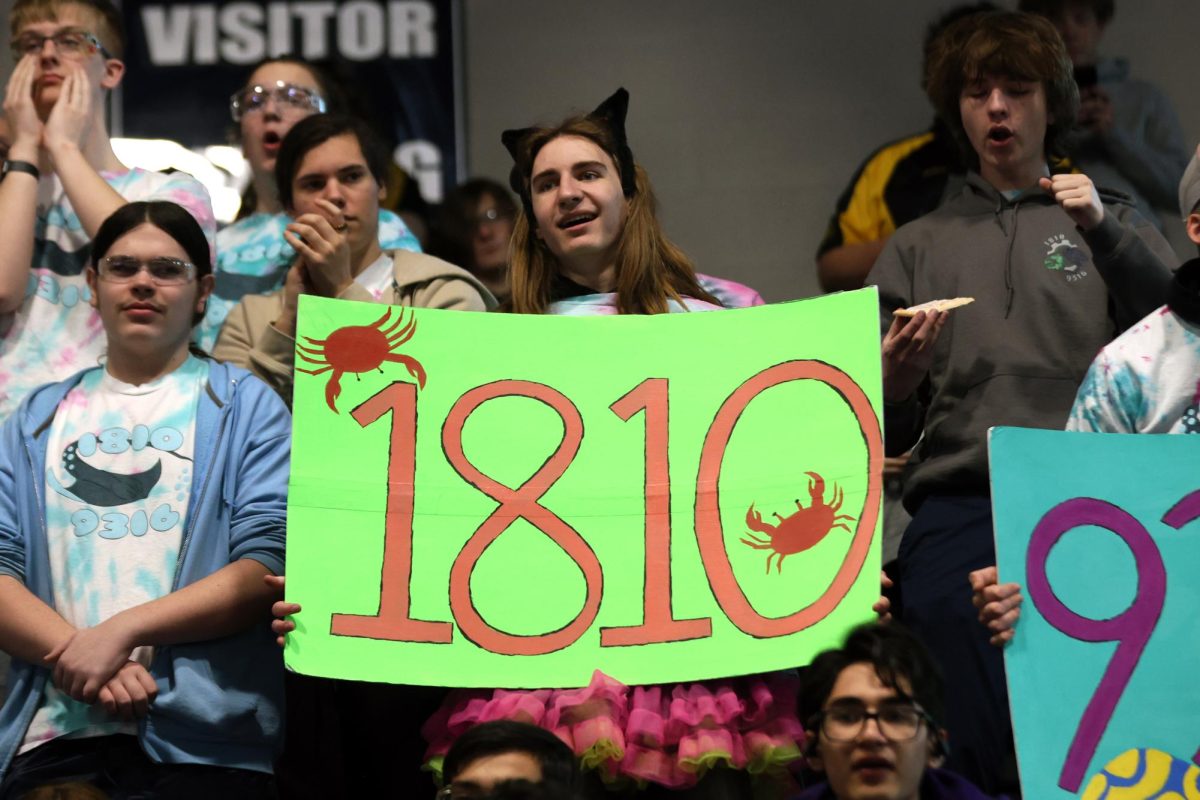In the current: When will it stop?
Shootings of Terence Crutcher, Keith Lamont Scott heighten racial tension across the nation
September 24, 2016
After hearing that two more black men were shot by police this week, I’ll admit I was nothing less than shocked, angry and ultimately, disappointed. I had hoped that the almost forced implementation of awareness to the issue would decrease the commonality of it. Alas, my hopes unfortunately did not turn into reality.
In my opinion, the shooting of Terence Crutcher in Tulsa on Friday, Sept. 16 is wholly unjustified. A video shot from a police helicopter shows Crutcher walking to his car with his hands above his head with several police officers following him. He then stands still while facing the car, still with his hands above his heads and still with officers behind him. In the video, you hear an officer narrating the tape from the helicopter voice his belief that an officer on the scene is about to shock Crutcher with a Taser. Instead, however, you watch Crutcher slump to the ground, blood spilling from his chest.
The police officer that shot Crutcher, Betty Shelby, has been charged with “heat of passion” manslaughter by Tulsa District Attorney Steve Kunzweiler. Shelby’s bond of $50,000 bond was posted shortly after she was jailed.
Shelby should have acted more reasonably in this situation. While she claims that she shot Crutcher when his “left hand went through the car window,” no gun was found on Crutcher or in his vehicle. Is the first instinct of a police officer really to shoot someone when they don’t directly obey orders? If it is, as it seems to be lately, obviously something in our system needs to be fixed.
Furthermore, the shooting of Keith Lamont Scott on Tuesday, Sept. 20 has created an outrage within the city of Charlotte, so much so that Governor Pat McCrory has declared a state of emergency.
Now, this case is much harder to draw concrete evidence from. The only video available is a cellphone video recorded by Rakeyia Scott, Keith’s wife, and does not clearly show the circumstances of the shooting. Police were at the site where the shooting occurred to investigate another crime, and instead say they saw Keith — who was unrelated to the initial investigation — sitting in his car with a gun. While police claim Keith was holding and refusing to drop a gun, protestors and witnesses claim he was reading a book and waiting for his son to come home from school. Because there is no police-released video of the shooting, it’s incredibly difficult to distinguish the “he-saids” from the “she-saids.”
This shooting has caused an uproar within Charlotte; protests have been occurring throughout the city for four nights, and a protester was shot and killed.
Most people are equating these shootings with previous shootings of black men by police. And I’d have to say, I agree. While, yes, other factors do play a part in these shootings, is it really a coincidence that so many black men have been shot by police this past year? One simply can’t argue that this is the black man’s fault each and every time, because it blatantly isn’t. When looking at these issues, we need to look at the recurring factors and similarities of each: Was the man black? Did he actually pose a threat to officers? Was this threat imminent? Could officers have protected themselves in another, less life-threatening way, such as stunning the man with a Taser?
These questions constantly and constantly provide similar answers, all of which point to the theory that police are killing black men. This isn’t just a random coincidence, nor is it the fault of black men and women. This is the fault of our prejudicial society, and is an epidemic that needs to be cured.













